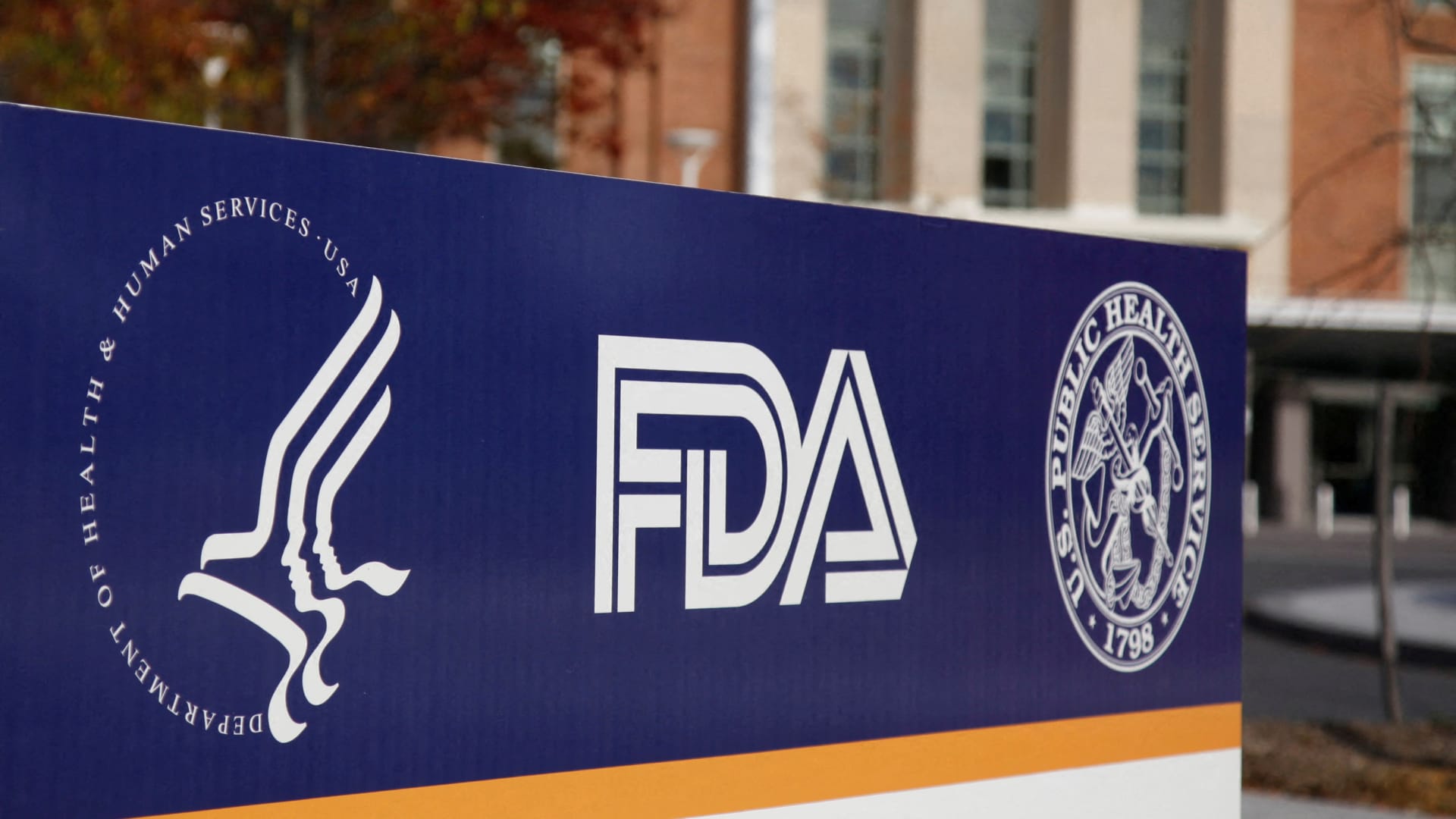
Healthy Returns: New FDA rules affect copycat GLP-1s, and Apple adds health tools to its latest Watch
How did your country report this? Share your view in the comments.
Diverging Reports Breakdown
Healthy Returns: New FDA rules affect copycat GLP-1s, and Apple adds health tools to its latest Watch
The FDA on Friday said it will publish a “green list” of raw GLP-1 ingredients from foreign suppliers. The FDA said it aims to block the importation of potentially dangerous versions of the APIs used in compounded GLp-1s. Shares of both Eli Lilly and Novo Nordisk fell more than 2% on Friday following the announcement. But some analysts said the FDA’s new effort stops short of aggressively restricting the use of compounded GLP -1s, such as Wegovy, Zepbound and tirzepatide. The list “is likely a positive for patient safety but a negative” for the companies, BMO Capital Markets analyst Evan Seigerman said. The companies have taken legal action against dozens of compounding pharmacies, med spas and other suppliers to stop them from making and selling copycat versions of popular weight loss and diabetes drugs, he said. But he said it’s a bigger issue for Novo-Nordisk than for Eli Lilly.
A version of this article first appeared in CNBC’s Healthy Returns newsletter, which brings the latest health-care news straight to your inbox. Subscribe here to receive future editions.
The Food and Drug Administration took a new step to crack down on the use of cheaper, copycat versions of popular weight loss and diabetes drugs.
While it’s good news for American consumers, it’s not exactly a win for top GLP-1 manufacturers Eli Lilly and Novo Nordisk . Shares of both companies fell more than 2% on Friday following the announcement.
The FDA on Friday said it will publish a “green list” of raw GLP-1 ingredients from foreign suppliers whose facilities have been inspected by the agency and deemed compliant with “rigorous” U.S. standards. Compounding pharmacies use those so-called active pharmaceutical ingredients, or APIs, to make copies of GLP-1s.
The list currently includes over three dozen suppliers and their ingredients, but their names are redacted. The majority of those suppliers appear to be in China, while others are based in Belgium, Italy, Canada, and India, among other countries.
Meanwhile, APIs from other suppliers will be “subject to detention without physical examination” if they are imported into the U.S., according to an FDA release. The FDA said it aims to block the importation of potentially dangerous versions of the APIs used in compounded GLP-1s.
Consumers flocked to those compounded treatments in recent years as insurance coverage and supply of branded obesity drugs such as Novo Nordisk’s Wegovy and Eli Lilly’s Zepbound was limited. The companies have since resolved those shortages. The FDA has previously identified serious concerns with compounded versions of semaglutide and tirzepatide – the APIs used in Wegovy and Zepbound, respectively – such as dosing errors that result in hospitalizations.
“By strengthening oversight of imported APIs and cracking down on illegal drugs entering the U.S., we are taking aggressive action to protect consumers from poor-quality or dangerous GLP-1 drugs,” said FDA Commissioner Marty Makary in the release.
But some analysts said the FDA’s new effort stops short of aggressively restricting the use of compounded GLP-1s.
Here’s BMO Capital Markets analyst Evan Seigerman’s take: The list “is likely a positive for patient safety but a negative” for shares of Novo Nordisk and Eli Lilly.
The green list “acknowledges the challenges of compounding without putting a full stop stance that they will look to end compounding for GLP-1 products broadly,” he wrote in a note on Friday. Seigerman said the FDA appears comfortable with allowing some compounded versions on the market as long as they meet quality standards, regardless of the availability of the branded GLP-1s.
But he said it’s a bigger issue for Novo Nordisk than for Eli Lilly: The company in July slashed its sales guidance for Wegovy, in part due to competition from compounded versions of the drug in the U.S.
Seigerman said it is clear that Novo Nordisk and Eli Lilly need to rely on litigation to stop the production of compounded GLP-1s. Over the last two years, both companies have taken legal action against dozens of compounding pharmacies, med spas and other suppliers to stop them from making and selling copycats.
He said if Novo Nordisk files a lawsuit against telehealth company Hims & Hers, it “could be a gamechanger.” Hims & Hers continues to offer compounded semaglutide.
In a statement, an Eli Lilly spokesperson said the FDA’s move “is an important first step but more must be done.”
The spokesperson said compounding pharmacies have already imported large quantities of illegal tirzepatide. The spokesperson urged the FDA and other regulators to “do more to stop unlawful compounding before more people get hurt.”
In a separate statement, a Novo Nordisk spokesperson said “it is important that FDA crack down on imports of illicit ‘semaglutide; API and take action to protect patients from the safety risks posed by taking knockoff drugs made with inauthentic, substandard API, including API that has already been imported into the US.”
Feel free to send any tips, suggestions, story ideas and data to Annika at annikakim.constantino@nbcuni.com.
